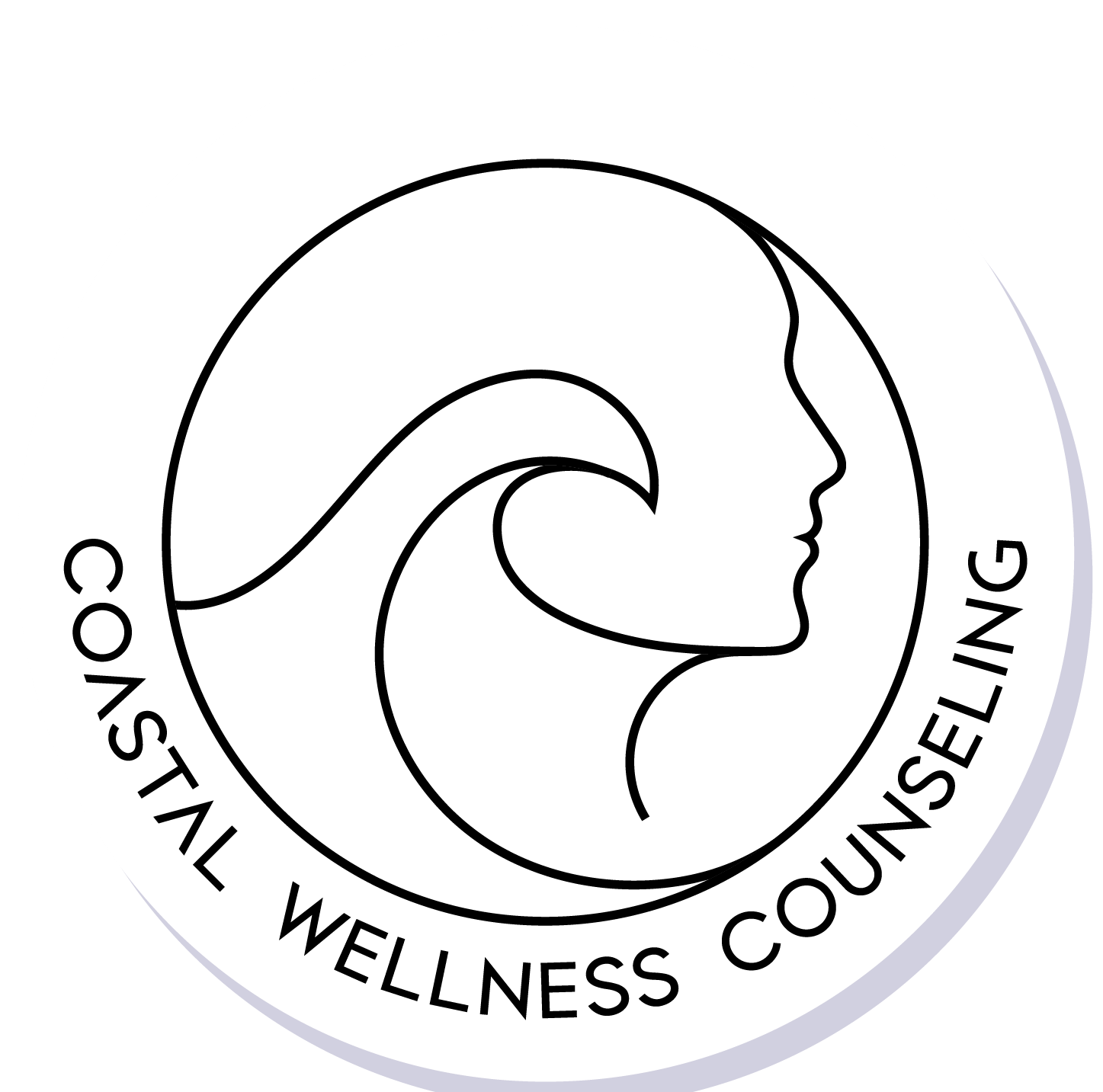
Mood Disorders
Anxiety and Depression make every day life challenging. We’re here to help.
Anxiety Treatment
Living with anxiety that lingers day after day can feel overwhelming. Persistent worry, panic, or fears may interfere with your ability to work, socialize, and enjoy life fully. At Coastal Wellness Counseling, we provide compassionate, evidence-based support for individuals struggling with a wide range of anxiety disorders.
There are several types of anxiety disorders, including Generalized Anxiety Disorder (GAD), Panic Disorder, Social Anxiety Disorder, and Specific Phobias. Each type presents unique challenges, and effective treatment requires a personalized approach tailored to your experiences and needs.
Our licensed therapists specialize in anxiety treatment using proven techniques such as Cognitive Behavioral Therapy (CBT), Dialectical Behavior Therapy (DBT), mindfulness strategies, and other evidence-based interventions. In some cases, we collaborate with prescribing providers to integrate medication management alongside therapy, ensuring a comprehensive care plan.
Through virtual therapy sessions, clients can access support conveniently from home, allowing flexibility and privacy while prioritizing mental health. Our goal is to create a safe, supportive, and non-judgmental space where you can learn practical tools to reduce symptoms, manage stress, and regain confidence in daily life.
What is Anxiety?
Anxiety often includes an intense and pervasive sense of worry, fear, or doom. There are many types of anxiety, ranging from Generalized Anxiety, Panic Disorder, Separation Anxiety, Social Anxiety Disorder, Obsessive Compulsive Disorder, and more.
Signs and Symptoms of Anxiety
Patients often feel physical symptoms, such as sweating, trembling, rapid fatigue or tiredness, difficulty breathing, fast heartbeat, and trouble concentrating. There is often a sense of impending panic, danger, or doom, and a general sense of worry, fear, nervousness, or restlessness.
Causes of Anxiety
Some anxiety is normal and expected in day to day life. However, if your anxiety is all-consuming, pervasive, excessive, or interferes with daily life, you deserve treatment.
How we Treat Anxiety
We teach meditation/ mindfulness strategies, breathing techniques, and coping skills. Modalities used include Cognitive Behavioral Therapy, Mindfulness Based Therapy, Exposure Therapy, Dialectical Behavioral Therapy, and more.
Typical Outcomes
The goal is to decrease the frequency, duration, and intensity of your symptoms. We want patients to return back to baseline, so anxiety no longer impairs daily functioning. Patients generally respond well to treatment and can expect to feel better after incorporating learned strategies into their day-to-day lives.
Do I Have Anxiety?
If this sounds like you, then you many have anxiety.
Contact us to set up a free consultation to learn more about treating your symptoms.
Learn more about anxiety disorders here.
Depression Treatment
Depression can affect anyone, impacting mood, motivation, and daily functioning. Persistent feelings of hopelessness, emptiness, sadness, or loss of interest and pleasure may make even simple tasks feel overwhelming. At Coastal Wellness Counseling, we provide specialized support for individuals experiencing depression, helping clients regain balance and well-being.
Depression is more than just occasional sadness—it is a complex mental health condition that often requires personalized treatment plans. Evidence-based approaches, including psychotherapy and, when appropriate, medication management, are recommended to address the emotional, cognitive, and behavioral aspects of depression. Our licensed therapists work closely with each client to develop a treatment strategy tailored to their unique needs, goals, and lifestyle.
Our services include individual therapy for depression, incorporating techniques such as Cognitive Behavioral Therapy (CBT), mindfulness-based strategies, and self-compassion approaches. Virtual therapy sessions provide convenient, confidential care from the comfort of your home, making it easier to prioritize your mental health without disruption to your daily life.
What is Depression?
Depression is more than just sadness, it is a medical disorder. Often categorized by a change in mood, emotions, and thinking patterns, patients may experience Major Depressive Disorder, Bipolar I or II, Post Partum Depression, or Persistent Depressive Disorder.
Signs and Symptoms of Depression
Patients may experience a pervasive down, sad, empty, or low mood, accompanied by changes in sleep, appetite, energy levels, concentration, and self esteem. Some people also experience feelings of hopelessness, worthlessness, frustration, irritability, guilt, or loss of interest or pleasure.
Causes of Depression
Depression is complicated, but could be related to genes, family history, brain chemistry, major life events, trauma history, medical illness, personality, or substance use.
How we Treat Depression
You are not alone. We will join with you to learn more about what you are experiencing, while building on modalities such as Cognitive Behavioral Therapy, Acceptance and Commitment Therapy, Motivational Interviewing, and Dialectical Behavioral Therapy.
Typical Outcomes
Untreated depression can result in career and relationship issues, substance use, and even suicide. We hope to help patients decrease the frequency, duration, and intensity of their symptoms, so that depression no longer interferes with daily life.
What Kind of Depression do I Have?
There are many subtleties of depression symptoms. For further evaluation, Contact Us to set up a free consultation.
Learn more about depression here.
If you are having thoughts of hurting yourself or someone else, please call 911 or go to your local emergency room.



